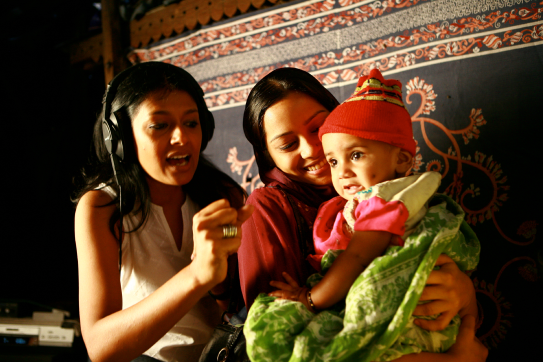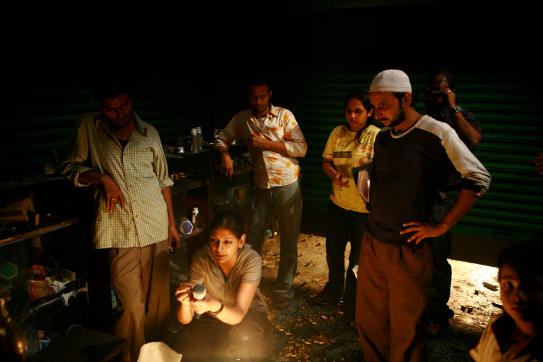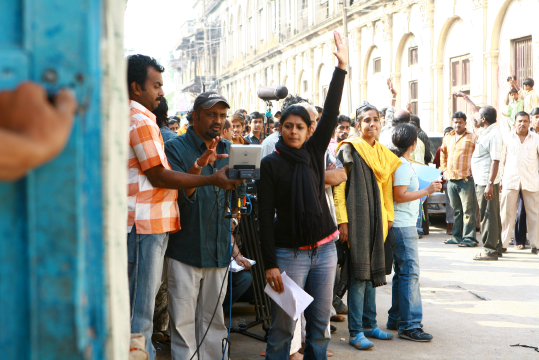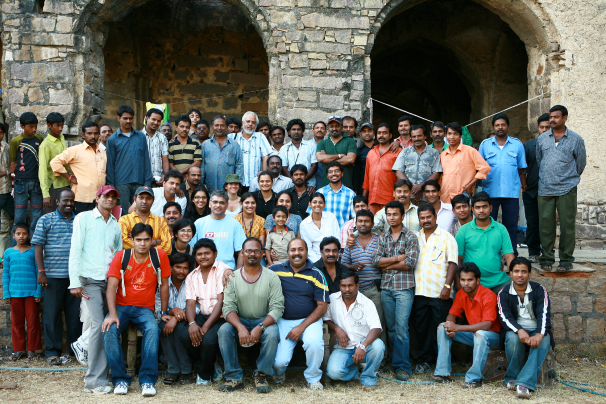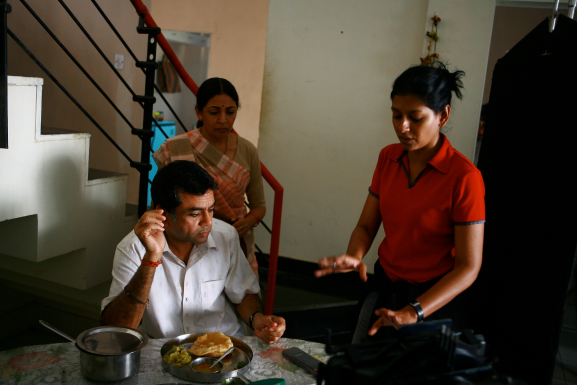Women on trial
- September 1, 2015
It is around this time last year that I began rehearsing for a play I wrote, Between the Lines. It was the first time I had ventured into writing and directing theatre, but what drew me to it had less to do with the form and more to do with the subject. I wanted to explore the subtle gender inequalities that I see around myself.
For those who know nothing about the play, let me give you a short synopsis. Maya and Shekhar, both lawyers, have been married for ten years. One day they end up arguing on opposite sides of a criminal trial, resulting in the blurring of their personal and professional lives. The battle in the court starts to impact their relationship at home. They are forced to confront many inconvenient truths about their unequal relationship.
This play that began as a catharsis, found a strong resonance with the audiences. The journey, while being fulfilling in many ways, has primarily been disturbing. While we are all numbed by the statistics of discrimination against women, the personal stories I heard brought the awful reality of how widespread and deep the problem remains, even for the privileged among us.
I have always felt that the response to a work of art reveals less about the work and more about the ones viewing them. The impact of the story and characters vary on different people. Despite not wanting to stereotype men and women, clearly they perceive the play differently. When on stage, I can sense exactly when women laugh and sigh and what tickles the men or makes them uncomfortable.
The response from women has been rather unanimous. A friend wrote after watching the play, “I saw so much of my married life on stage that it was deeply painful for me. But after seeing other women react the same way, my husband said, ‘Well, if it resonates with all women, I can’t be that bad!'” She was appalled by this defense. The play invariably triggered many conversations about things that are left unsaid.
Soon after I returned from the tour of the play, I dived into a workshop that brought a bunch of concerned women from different walks of life to discuss similar issues. The group had organically come into being, so there were no facilitators, only participants.
We were 15 of us, who despite our privileged backgrounds, struggle with various issues. Each of us recollected the earliest memories of biases that we had faced and the trajectory thereafter. Some evoked tears, some anger and some a desire to forget. A woman spoke about how she was unable to stand up to her son’s undermining of her. Another spoke about her pain of abuse as a child, which only got dealt with when she spoke up about her daughter’s abuse. A third confessed about her initial discomfort that later turned into awe, when she witnessed her daughter-in-law’s freedom. A young girl shared her experience of being followed by a bunch of men on a lonely street. The thought she had in the moment was “every woman will be raped someday and today it is going to be me.” But a hopeful voice said, “As long as women recognise they are being wronged and find a voice to say it, the women’s movement is alive.” At times, I struggle to be so optimistic. Recently I shot for a CinePlay (cinematic capturing of theatre) of Vijay Tendulkar’s famous play, Silence! The court is in session. It is the story of an unwed mother on trial, by her own colleagues. What gives the play its dramatic start is the conviction of the major characters (and perhaps the audience) that a woman who bears a child without the sanction of marriage is immoral. Half a century has passed since the play first riled up its audiences with its strong feminist stance. And yet, as I imagine a new generation watching it, I am convinced that even today it will cause as much discomfort and debate. In some odd way, its success in not getting dated is a collective failure for us all.

